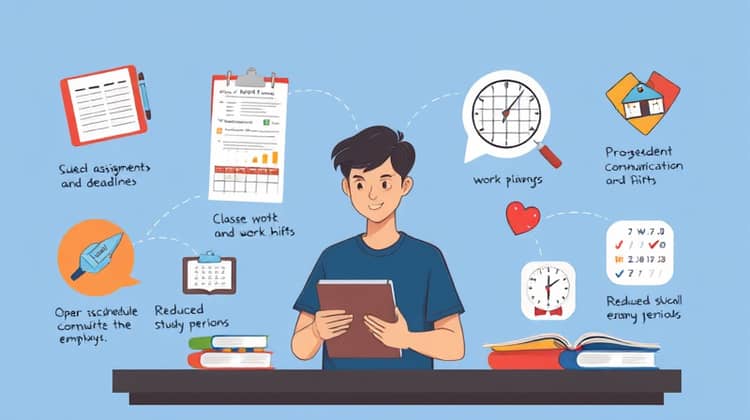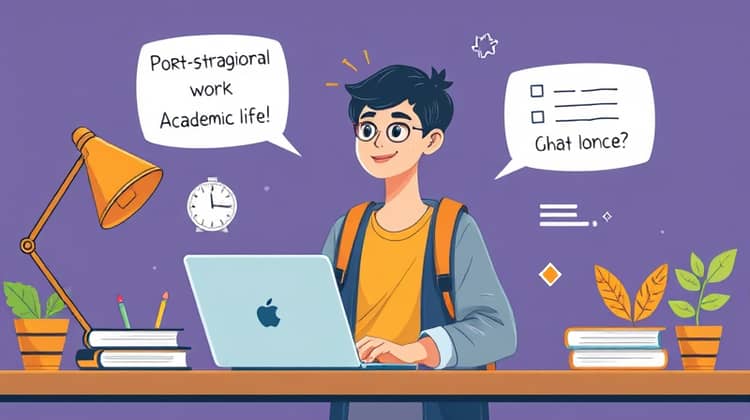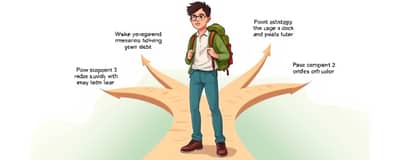Balancing school and part-time work can be a challenging task for students, yet it can also serve as a fulfilling experience. As students pursue their education, many find it necessary to take on part-time jobs to support their finances, gain real-world experience, and develop important life skills. However, managing time effectively between classes, assignments, and work responsibilities may require a careful approach to ensure academic success while benefiting from work experiences.
This article will delve into the advantages and disadvantages of part-time work for students. Additionally, we will provide tips for achieving a successful balance between school and work, explore different types of part-time jobs suited for students, and conclude with reminders on how to manage this balancing act effectively.
The Pros of Part-Time Work

Engaging in part-time work while attending school provides numerous benefits for students. First and foremost, it helps alleviate financial pressures by contributing to tuition, books, and living expenses. Having an income allows students to manage their budgets better and develop self-discipline regarding money management.
Moreover, part-time jobs can enhance students' resumes, showcasing their ability to juggle multiple responsibilities. These experiences often provide skills and knowledge relevant to their future career aspirations, offering a glimpse into the professional world.
- Financial independence and reduced dependence on family support
- Opportunities to gain work experience and develop skills
- Flexibility in managing time between work and academics
- Networking opportunities for future job prospects
- The development of strong time-management skills
Overall, the benefits of part-time work can significantly contribute to personal growth and professional development for students. It equips them not only with financial resources but also with valuable life experiences.
The Cons of Part-Time Work

While there are many advantages to having a part-time job, there are also several drawbacks that students must consider. A significant concern is the potential for academic performance to suffer due to time constraints. Balancing work hours with study time can often lead students to prioritize their job over their studies, impacting their grades.
Additionally, working long hours can lead to stress and fatigue, diminishing students' overall well-being. The juggling act between work, classes, and social life can sometimes become overwhelming, affecting not only academic performance but also personal health.
- Potential negative impact on academic performance
- Increased levels of stress and fatigue
- Limited social life and leisure time
- Challenges in keeping a consistent schedule
- The risk of burnout from juggling too many responsibilities
Thus, while there are valuable experiences to be gained from part-time work, students must be cognizant of the potential risks associated with overcommitting to work.
Tips for Balancing School and Work

Finding a balance between school and work requires thoughtful planning and commitment. Here are some effective strategies students can adopt to maintain a healthy equilibrium between their studies and job responsibilities.
- Set clear priorities by scheduling classes and work shifts in advance.
- Communicate openly with employers about your academic commitments.
- Use a planner to keep track of assignments and deadlines.
- Establish a routine that includes designated study times.
- Limit work hours during exam periods to focus on studies.
By implementing these strategies, students can improve their ability to manage both work and school successfully.
Types of Part-Time Jobs for Students

Students have a wide variety of part-time job options depending on their skills, interests, and schedules. Here are some popular types of jobs that students often consider:
- Retail assistant
- Food service worker
- Administrative support
- Tutoring or coaching
- Internships related to their field of study
Selecting the right type of part-time job can play a significant role in enhancing a student's academic experience and equipping them with essential skills for their future careers.
Conclusion

In conclusion, part-time jobs serve as an essential component for many students navigating their academic journeys. They provide financial support and valuable experiences that can shape students' future careers. However, it is crucial to be aware of the potential downsides, such as stress and academic pressure, that can arise from juggling multiple responsibilities.
Ultimately, a successful balance between work and school is attainable by developing effective time-management strategies and choosing suitable job types. By making conscious choices, students can enjoy the benefits of part-time work while still thriving in their academic pursuits.














